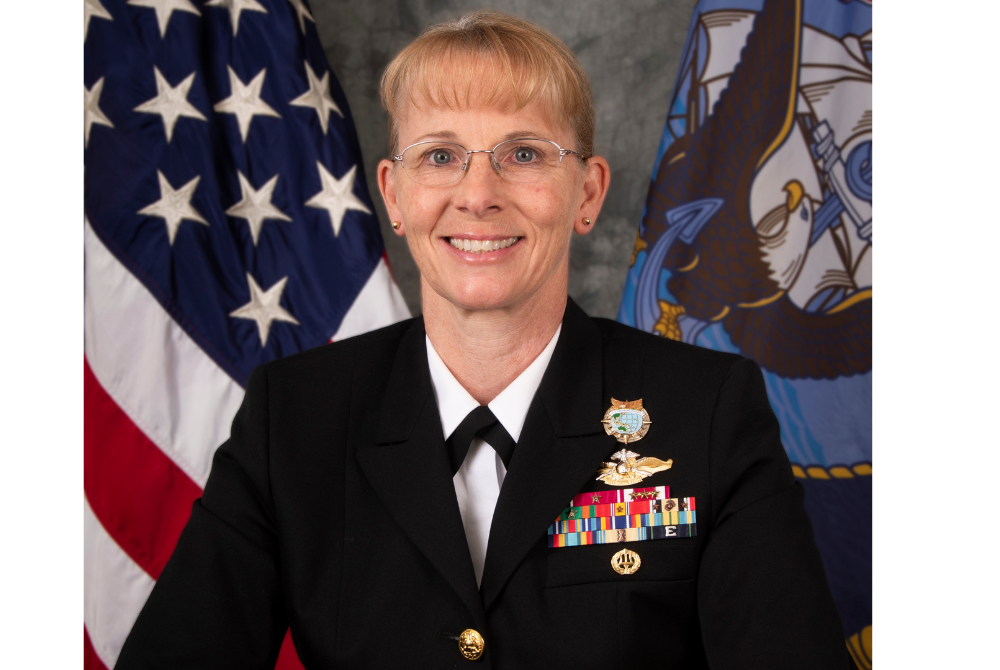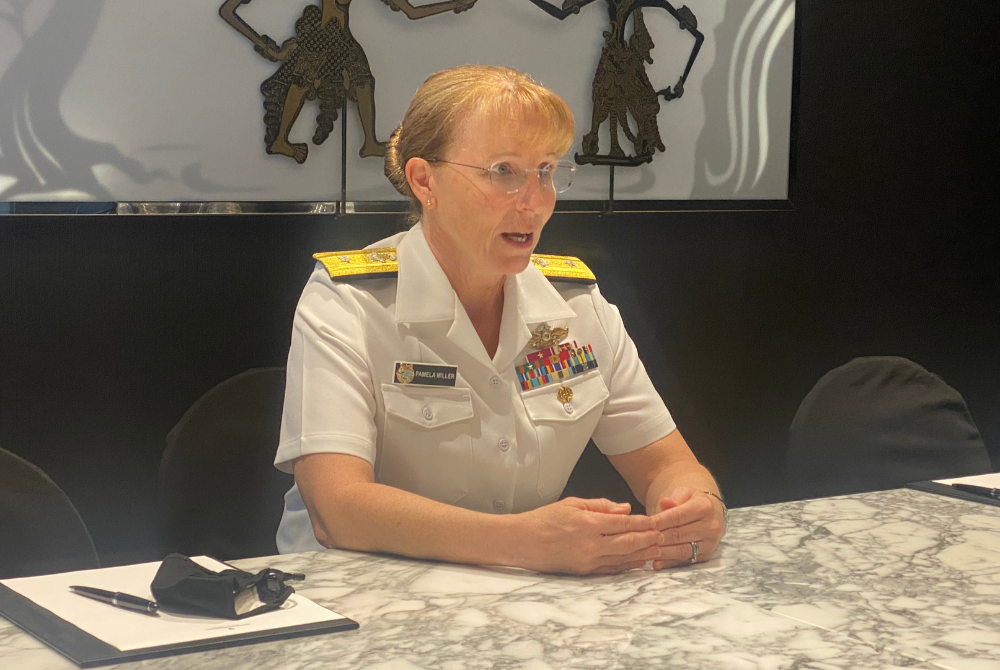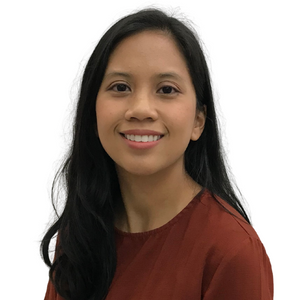Strengthening health partnerships through military-military exchanges

SHAH ALAM – The United States military will continue to strengthen its health partnerships through military engagements with Malaysia.
In an interview with Sinar Daily, Command Surgeon General US Indo Pacific Command (USINDAPACOM), Rear Admiral Pamela Miller said she is eager to work with her counterparts in the Malaysian Armed Forces (MAF) to increase their interoperability and capability in response to regional requirements.
“It falls into capitalizing on the strengths of both building capacity and interoperability. We’ll go much further in terms of responding to any requirement we may have in the region. It could be as simple as a natural disaster – if we could train ahead of time and become more interoperable in advance, it will significantly enhance our capability at the time of need.
"We had an opportunity to discuss in the Medical Working Group (MWG), to specifically identify some areas that we hope to expand and build on as we together roll out a plan that we can utilize as a road map over the next several years. “This would include drafting doctrines for joint health services support, exploring the battlefield and pre-hospital trauma care, subject matter expert exchange.
“We would also rapidly deploy “Role 2” which is emergency stabilization and surgical capability. And one area in particular of interest is how to develop leaders in military medicine,” she said.
In terms of military-civilian partnership, Miller plans to meet with the National Disaster Management agency to talk about humanitarian assistance in disaster response.

ROLE OF MILITARY IN PANDEMIC RESPONSE
Speaking on the role of the military in assisting with the pandemic response, Miller emphasized the niche capabilities that the military brings – which are management of logistics on a larger scale and contribution to medical expertise.
She also added that fostering regional collaboration is also important in battling the pandemic as it provides the platform to exchange knowledge and build relationships over time.
An example would be Malaysia’s involvement in the Global Health Security Agenda. “The beauty of being part of these organisations is that when we are faced with a crisis like a pandemic, there’s that pre-existing relationship and knowledge exchangeability,” she said.
Sharing her views on the current situation of military health services, Miller praised the pool of professionals and MAF in their ability to assist the country during a time of crisis.
“I’m extremely impressed in terms of the mitigation that are in place as well as the high vaccination rate. It just shows the health of your infrastructure,” said Miller.
She also spoke highly of the MAF Health Services Division Lt Gen Datuk Dr Zulkeffli Mat Jusoh in his positive response towards the cooperation between the US and Malaysian military.
“We could not have asked for a more positive experience in terms of their openness and willingness to work together. I’m very privileged to call him a colleague,” she said.
However, when asked about any areas of improvement, Miller emphasized that the focus should be more on working together as a team and learning from one another in order to be prepared for the next crisis that comes along.
“Anybody who’s practicing medicine in the military or the civilian community right now has never faced this type of pandemic.
“It’s a new experience for all of us and I don’t think it’s a matter of what needs to be improved. It’s a journey that we’re all on together.
“What is great in our era compared to generations before is the technical platforms that we have, to be able to share information between countries across the spectrum of medical experts.
“I think we all did a great job learning from each other and I look forward to more opportunities in the future,” she said.
Miller’s visit to Malaysia was for the Bilateral Training and Consultative Group (BITACG), which is an established military event between USINDOPACOM and MAF.
She also visited Tunku Mizan Hospital in Kuala Lumpur and was invited to speak with medical officers from the Malaysian Armed Forces Health Services (MAFHS).
Other highlights from her trip include traveling to historic parts of Melaka, to learn about Malaysia’s diverse cultural heritage and food.










